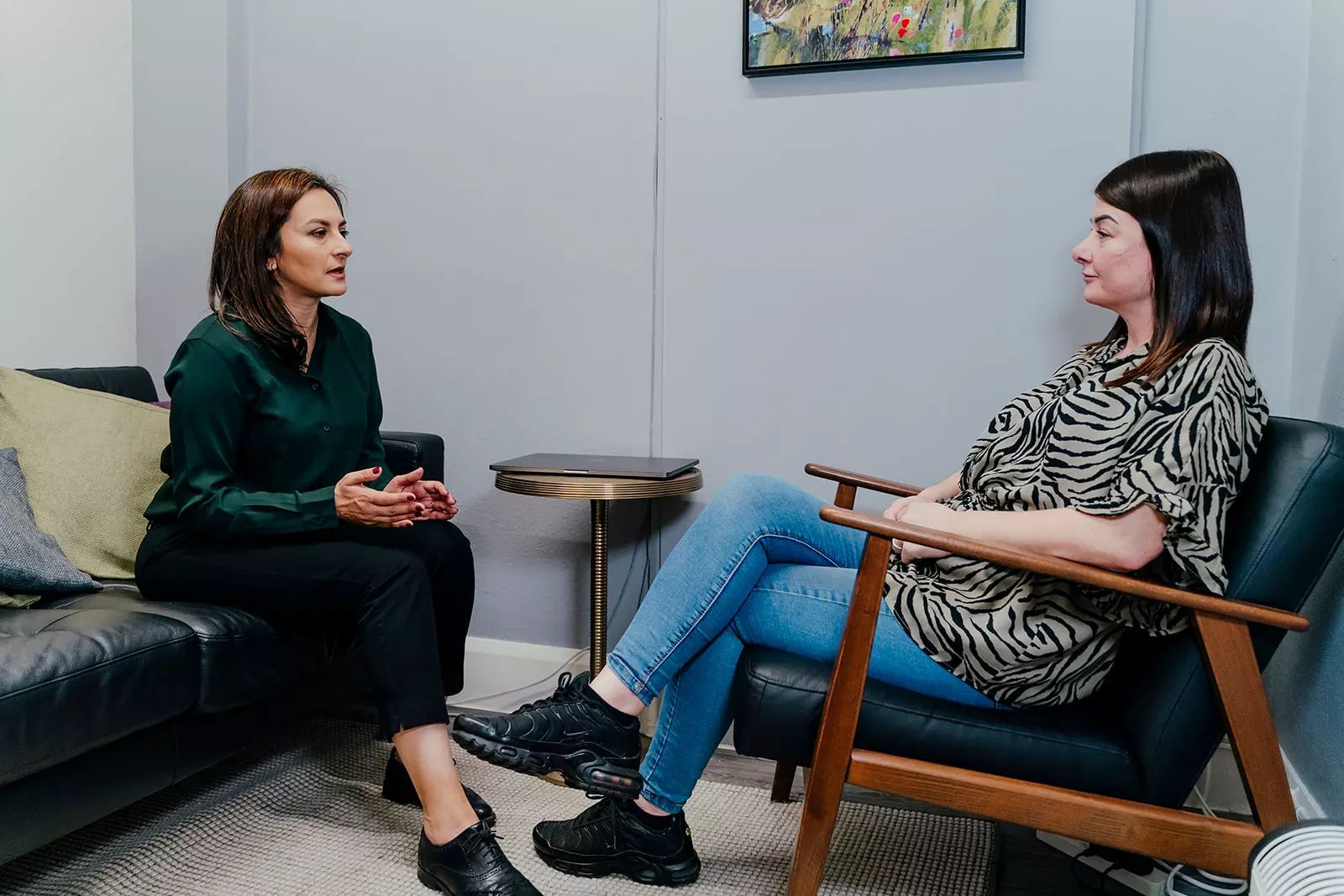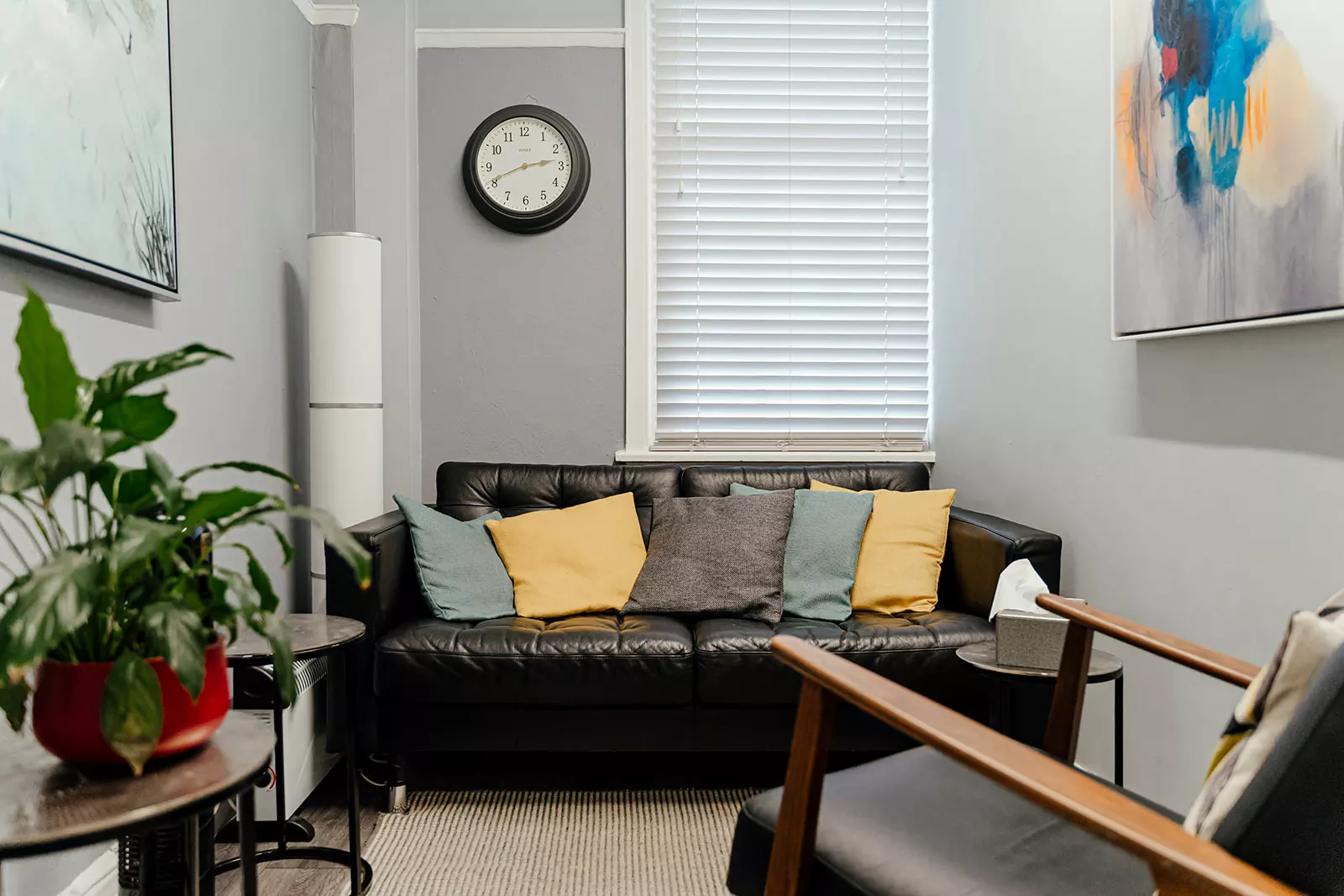Therapy
Online Or In-Person
IN-CLINIC SESSIONS
Meeting face to face is a natural preference for many. I see people in person in my private clinic on Fridays in person.
REMOTE SESSIONS
Online zoom sessions can be more convenient and make therapy more accessible. You would need a private and comfortable room for us to be able to connect for the duration of the call. All my therapy options can work in this format including EMDR.

Services Provided
Types Of Treatments

EMDR Therapy
Eye movement desensitisation and reprocessing (EMDR) is a powerful scientifically proven psychotherapy to help people recover from traumatic events in their lives which have led to poor mental health. It is a structured therapy with eight phases using bilateral stimulation to process disturbing events.
Compassion-Focused Therapy
Compassion-focused therapy (CFT) is a therapy that incorporates CBT (Cognitive-Behavioural Therapy) with social psychology, evolutionary psychology, Buddhist philosophy and neuroscience. This therapy helps people develop and work with experiences of inner warmth and soothing to better regulate ourselves and recognise and reduce threat levels.


Trauma Focused Therapy
This is my overarching therapeutic approach based on the understanding and principles of Judith Herman in her book Trauma & Recovery based on three phases – stabilization, integration and/or re-integration. We determine where you are and build from there using a combination of techniques depending on what works best for you.
Humanistic Integrative
This approach is person-centred and flexible depending on what your situation is. A reflective, understanding and supportive space may be the most important element to your well- being. For example, after suffering a major loss or losing a loved one.


DBT (Dialectical Behaviour Therapy)
DBT, developed by Marsha Linehan, is based on Cognitive-Behavioral Therapy that is helpful with people whose emotions can feel overwhelming. DBT builds a foundation of lasting change to break out of negative patterns.
Mindfulness CBT
This form of therapy uses mindfulness as a key component to understanding ourselves, we look at reducing arousal levels and noticing what arises to understand ourselves better and build space to improve and/or feel more confident in our responses. I often draw on this approach working with clients across therapies to improve well-being in daily life.

Common Questions
What will happen if I contact you regarding therapy?
What can I expect in my first session?
How many sessions will I need?
It is difficult to assess how many sessions will be needed as this will very much depend upon the circumstances and nature of your difficulties. After the first session, I can give you an idea of what I think is the best place to begin.
What will happen if I contact you regarding therapy?



